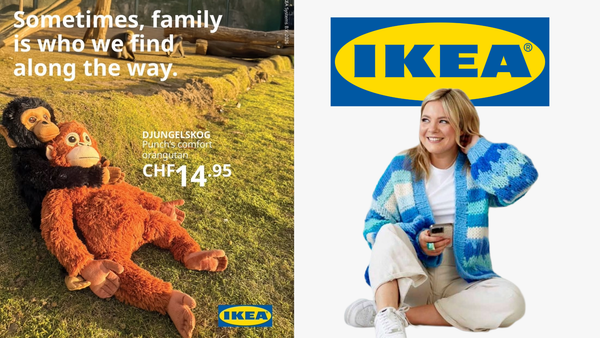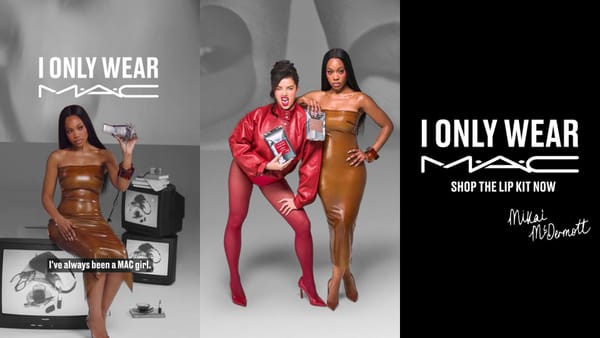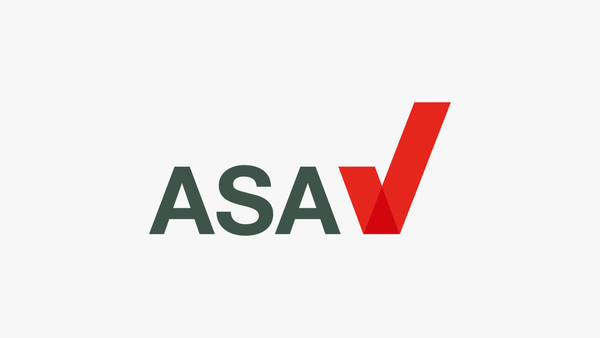Celebrities and Social Media Influencers Investigated For Not Labelling Commercial Posts

Social media influencers, who can have a huge impact on what their followers do and buy, may in fact not be declaring when they have been paid for content, or otherwise rewarded to promote goods or services. On Tuesday (August 14), the Competition and Markets Authority (CMA) launched an investigation into how social media influencers label online endorsements. As part of the investigation, the CMA is asking the public to share their experiences. Some celebrities and influencers have millions of followers who watch their channels to find out what they’re wearing, which products their using and books they’re reading. This makes online endorsements from celebrities and influencers valuable to brands looking to reach target audiences and boost sales. However, some influencers are flouting consumer protection law, which requires that any reward received for an endorsement, is made clear. If they don’t label their posts properly, followers may think that the endorsement represents the influencer’s own views, rather than a paid-for promotion. They are then more likely to put more trust into that product as they think it has been recommended by someone they admire. This may not be the case if it was made clear that the brands featured have paid, or in some way rewarded the celebrity in turn for endorsement. Several stars have come under fire from the Advertising Standards Agency (ASA) after not disclosing their posts were in fact paid for. In July, Made in Chelsea star Louise Thompson was banned by the ASA for omitting #ad label, while Celebrity Big Brother contestant Stephanie Davis had her post featuring a vitamin company was banned earlier this year. The CMA investigation will seek to find out whether and to what extent people are being misled by social media posts.“It’s really important they are clearly told whether a celebrity is promoting a product because they have bought it themselves, or because they have been paid or thanked in some way by the brand,” commented George Lusty, the CMA’s senior director for consumer protection. The CMA is writing to a variety of celebrities and social media influencers to gather more information about their posts and the nature of the business agreements they have in place with brands. The CMA is working closely with the ASA on the issue. In March 2018 the ASA issued a call for evidence to find out more about what types of labels help people to understand when the online content they see, hear and interact with is advertising. If the CMA finds practices that break consumer protection law, it can take enforcement action.







